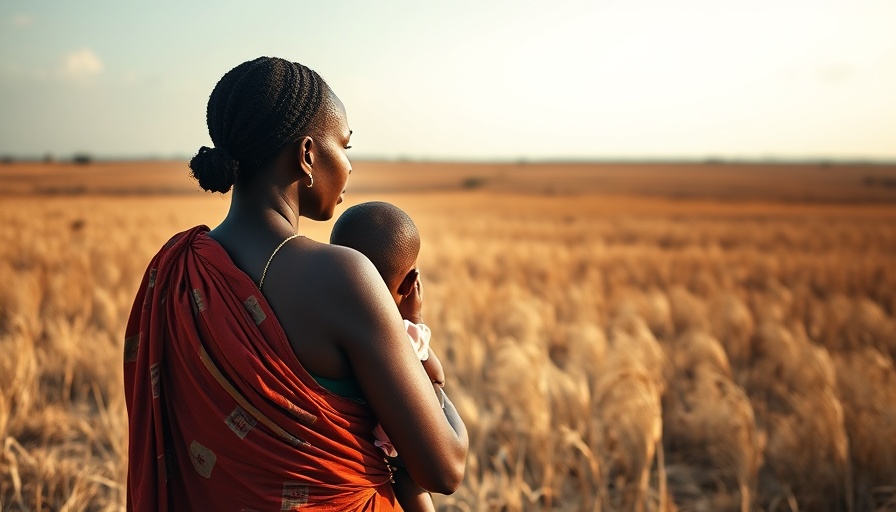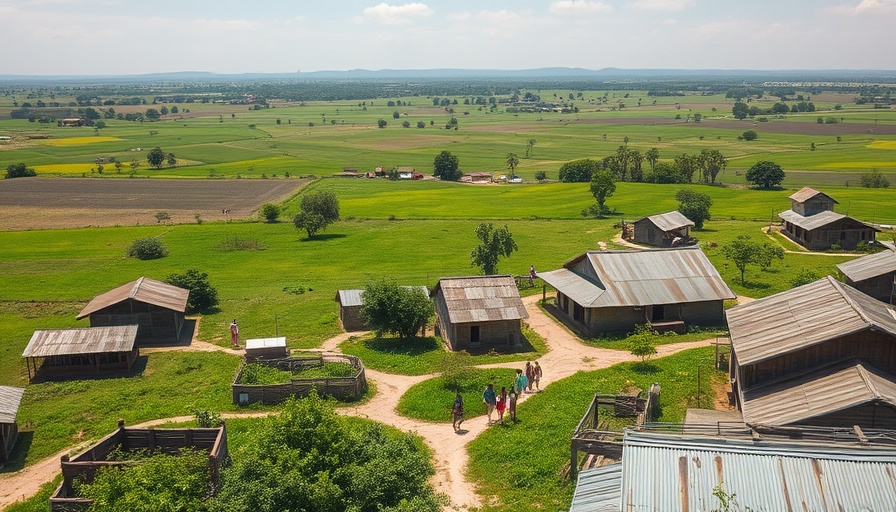
Understanding Trump's Shift in Focus Beyond Israel
In the rapidly changing political landscape of 2025, former President Donald Trump's relationship with Israel has shifted significantly. Once considered the strongest ally Israel had in the White House, recent reports indicate he has moved on from pressing concerns in the region. Trump’s frustrations stem from Israel's slow decision-making processes, which seem to contrast sharply with his fast-paced approach to governance.
Significance of Trump’s Support for Israel
During his presidency, Trump was seen as a paradigm-changing figure for Israeli politics. His administration made significant moves, including recognizing Jerusalem as Israel's capital and relocating the U.S. embassy there. These actions were viewed as strong endorsements of Israeli sovereignty, earning him support among many Israeli citizens and religious groups. However, Trump’s current detachment raises questions about the future of Israeli-American relations.
Time for Action: The Cabinet’s Inertia
Despite Trump’s impatience, it seems his administration's cabinet is stuck in inaction. This contrast could lead to dire consequences for alliances in the region. The need for decisive action is crucial, especially as new challenges arise in the geopolitical arena. Currently, the status quo threatens to undermine the progress made during Trump's presidency.
Exploring the Broader Context of U.S.-Israel Relations
The broader implications of Trump’s shifting focus can be seen in the evolving dynamics of Middle Eastern politics. As anti-Israel sentiments grow, particularly in Europe, the need for sustained U.S. support is imperative. With some factions within Israel seemingly resistant to proactive measures, this shift could embolden adversaries.
Global Awareness and Its Impact on Persecuted Communities
For mission-minded Christians and social justice advocates, understanding these developments is vital. As advocates for the persecuted church and humanitarian-focused initiatives, the realities in Israel and the surrounding regions should resonate deeply. The delay in U.S. action may similarly reflect a larger trend of neglect toward Christians facing persecution in hostile environments.
Future Impacts: A Call for Engagement and Action
The narrative surrounding U.S.-Israel relations is complex and continually evolving. For committed believers, staying informed and engaged with these issues is necessary. Understanding the nuances of these relationships allows Christians to navigate the intersection of faith and policy more effectively.
As we reflect on Trump's position, it begs the question: What can we, as advocates for peace and justice, do to contribute to a more conducive environment for both Israel and its neighbors? Engaging in interfaith dialogue, supporting humanitarian organizations, and advocating for policies that uphold human rights for all communities are essential actions. The shift in focus from Trump challenges us to consider new pathways of support and advocacy.
 Add Row
Add Row  Add
Add 








Write A Comment